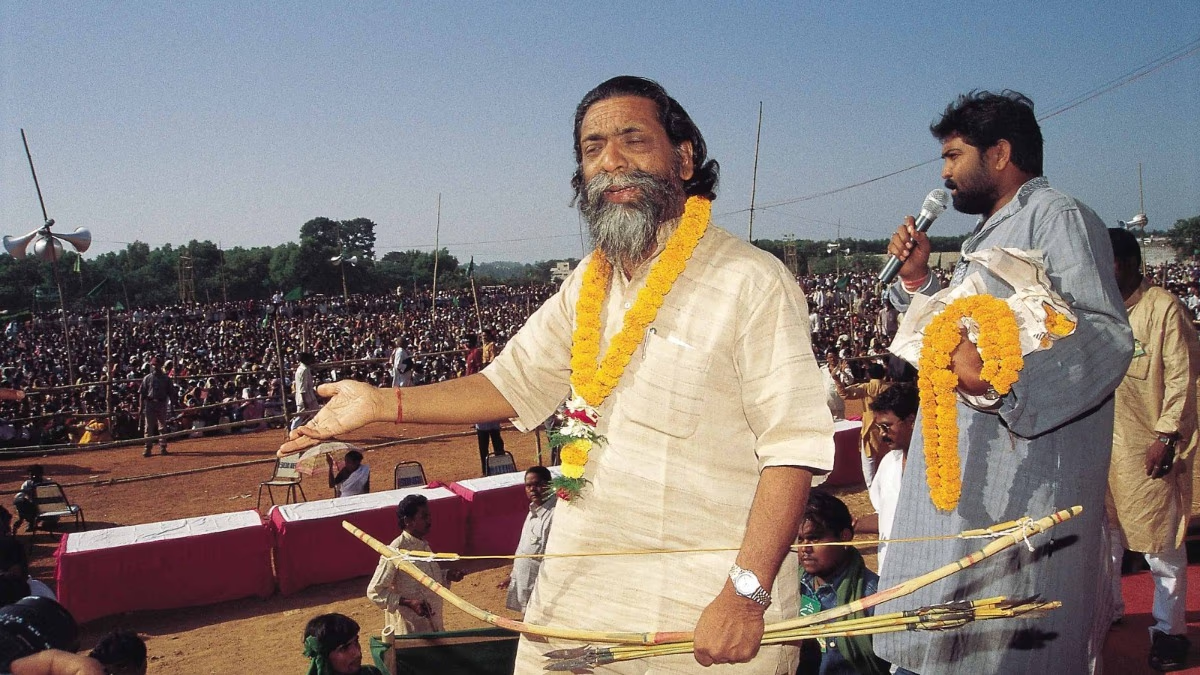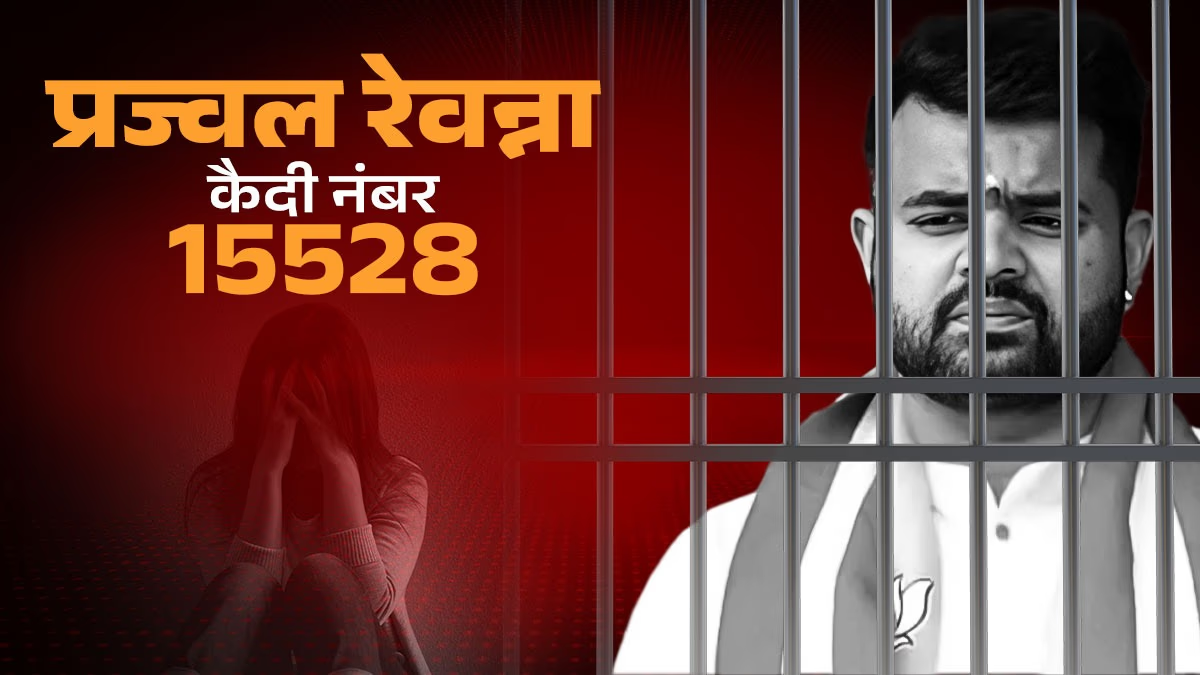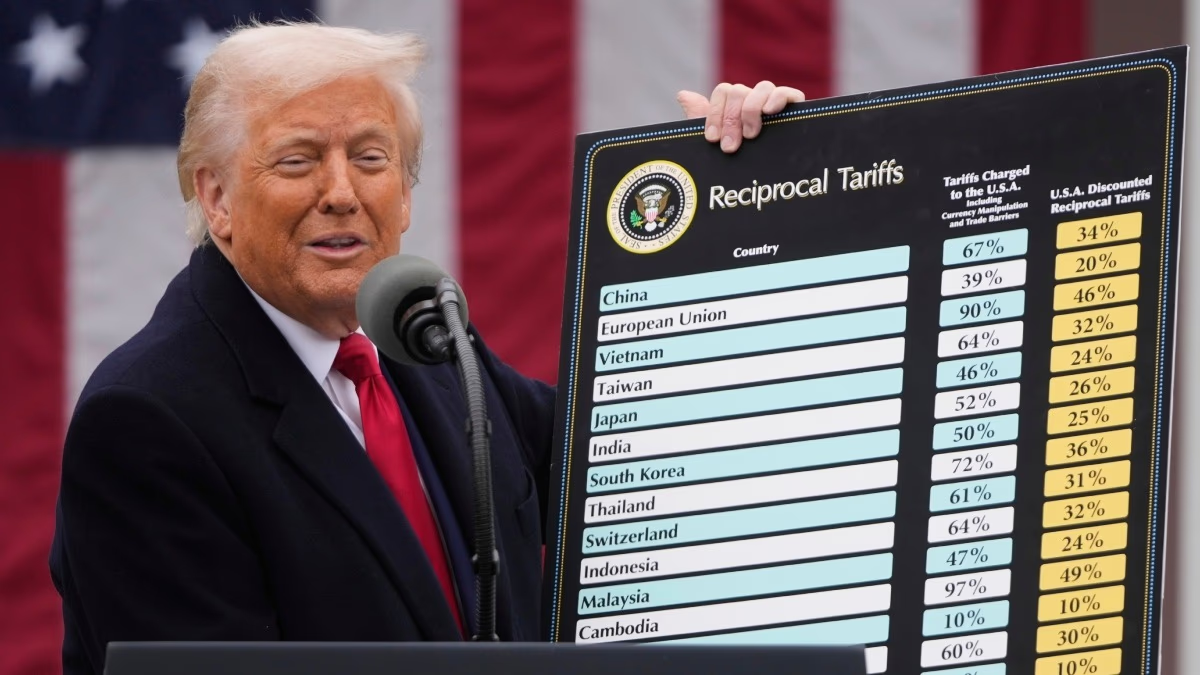Former Chief Minister of Jharkhand, Shibu Soren, passed away on Monday morning. He had been ailing for a long time and bid farewell to the world at the age of 81 at Gangaram Hospital in Delhi. Born in the tribal family of Nemra village, Jharkhand, Shibu Soren was nothing less than a deity to millions.
Supporters of Shibu Soren would gather every year on February 2nd at the sub-capital of Jharkhand, Dumka, waiting eagerly to catch a glimpse of him. Whenever Shibu Soren stroked his beard, his supporters would be filled with enthusiasm for this charismatic leader known for his long hair and beard who played a crucial role in forming Jharkhand and advancing the political identity of the tribal community, keeping his political sway from the jungle to Delhi intact.
Born just three years before India’s independence on January 11, 1944, Shibu Soren's upbringing was fraught with challenges. His father, Sobran Manjhi, was considered the most educated tribal figure in the region. Shibu Soren married Rupi Kisku and is survived by his three sons Durga, Hemant, and Basant, and a daughter, Anjali.
Shibu Soren's father was a teacher by profession, known for his gentle demeanor but had contentious relationships with moneylenders and merchants, primarily due to their treatment of the tribal community. Tragedy struck young Shibu when he lost his father early in life.
Moneymen killed Sobran Soren over land disputes, a turning point in Shibu’s life that ignited a passion for justice and equality. Shibu Soren began selling wood and resolved to combat the extortive practices of the moneylenders.
He organized the local tribal community and initiated the 'Dhankatni Movement.' This movement was not only a reflection of his courage but chronicled a history that made Jharkhand’s tribals realize their strength.
In the 1970s, Shibu Soren stepped into politics as a tribal leader, reportedly leading a movement in 1975 to oust non-tribal outsiders, resulting in at least seven deaths and allegations of inciting violence against Soren.
He contested his first Lok Sabha election in 1977 and faced defeat, but was first elected as a Member of Parliament in 1980, followed by further victories in 1989, 1991, and 1996. In 2002, he entered the Rajya Sabha, later resigning to win a by-election from Dumka to the Lok Sabha.
Shibu Soren was pivotal in founding the Jharkhand Mukti Morcha and led the charge towards the establishment of Jharkhand state, which came to fruition in 2000. He served as Chief Minister of the state three times, leaving an indelible mark even in national politics where he raised the tribal voice loudly in Delhi.
Despite being Chief Minister of Jharkhand three times, Shibu Soren never completed a single five-year term. As a formidable tribal leader and founder member of Jharkhand Mukti Morcha Party, he headed the party for 38 years until April 2025.
His political journey was rife with controversies. First appointed as Chief Minister in March 2005, he resigned after just nine days. In 2008, he served as CM again, but lost his position within six months. His third term in 2009 was short-lived as well, due to the withdrawal of BJP support, which led to him failing to prove a majority, necessitating his resignation.
While serving as Coal Minister in 2006, Soren was convicted by a Delhi court for the murder of his secretary, Shashi Nath, a case dating back to 1994. In addition to this, he faced multiple criminal cases, resulting in imprisonment related to murder and legal challenges for corruption charges.
Elected to Parliament in 1980, 1989, 1991, 1996, 2002, and 2004 as well as in 2009 and 2014, he served as a member of Lok Sabha six times and Rajya Sabha twice. He maintained significant influence in Delhi politics, supporting both UPA and NDA governments. Eventually, he passed his political legacy to his son, Hemant Soren, who currently serves as Jharkhand’s Chief Minister.




